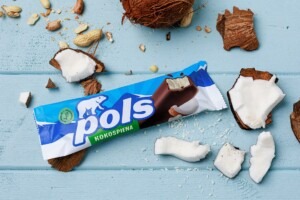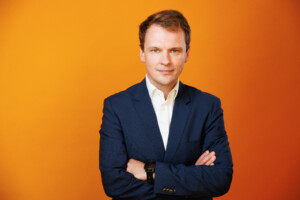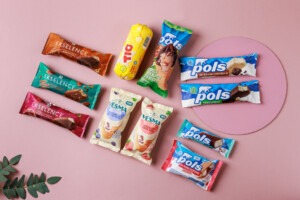Clown doctors visit Food Union
20.10.2015

As part of the “Laughter Cures” fund-raising drive for the clown therapy project Dr. Clown, clown doctors visited one of the project’s sponsors, Latvia’s leading dairy company – Food Union, to bring much laughter and joy to Food Union employees, as well as to learn how Rasēns milk drink is made. Watch the video at https://youtu.be/3GfOT0JO4uw.
“Children and parents who have found themselves in hospital are already familiar with us and more than satisfied with the support provided by the clown doctors. Meanwhile, those who have not been exposed to such experiience, have limited information about us. We therefore seize every opportunity to let as many people as possible experience convalescence, thanks to the clown doctors. After their visit to Food Union, our clown doctors are not only better informed about the tasty dairy products, they also appear to have made some 700 new friends – our employees,” says Marianna Milovska, the head of Dr. Clown project.
“Laughter Cures” will be in effect September 16 to October 31. Its aim is to enhance the recovery of toddler patients at Pediatric Clinical University Hospital in Riga and regional hospitals with clown doctors’ cheerful and encouraging visits. Anyone willing to support the clown doctors can visit the campaign’s boxes at Narvesen shops. By donating one euro or more, you will receive Dr. Clown’s red nose, which the campaign’s organizers invite you to try on.
Everyone can support Dr. Clown in the simplest of ways on a daily basis, just by drinking milk. One euro cent from each purchase of a Rasēns milk drink pack goes to the Dr. Clown project.
The project can also be supported by making a call to the charity hot line 90006086, or paying a donation into the campaign’s account.
Dr. Clown is a public charity organization, active in Latvia since 2012. The organization’s representatives – professional medical clowns – visit hospitals to provide psychological assistance to children and make their day-to-day life in hospital easier. The program employs a variety of techniques, such as magic tricks, music, fantasy-arousing stories and other methods, to help the toddler patients cope with the emotions caused by the treatment process like fear, loneliness and depression.



